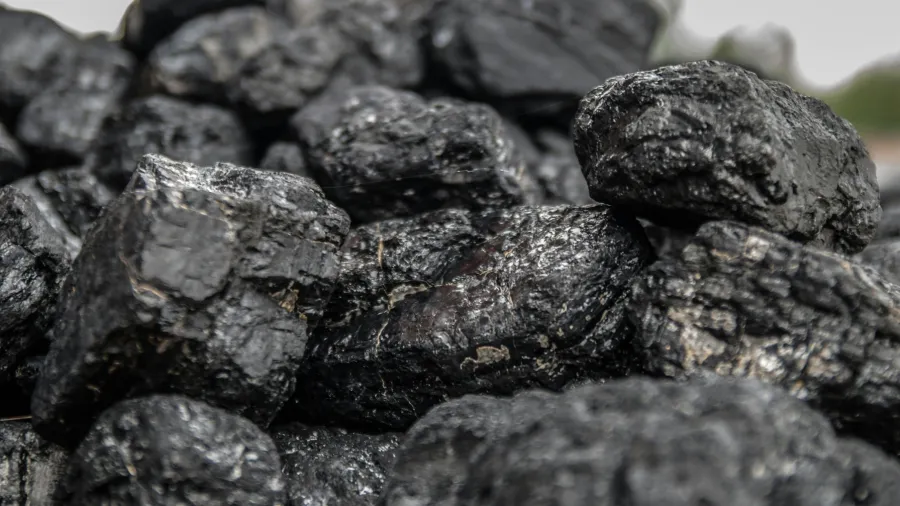
APAC accounts for nearly 80% of global coal output in 2023
Production was led by Australia, China, India, and Indonesia.
The Asia Pacific (APAC) region was a major contributor in the global production of coal in 2023, accounting for 79% of total output, the latest edition of the Statistical Review of World Energy revealed.
Based on the report by the Energy Institute and co-authors KPMG and Kearney, APAC’s output was even up 6% last year. Activity was concentrated in Australia, China, India, and Indonesia, which accounted for 97% of the region’s production.
“China alone was responsible for just over half of total global production. North America, Southern & Central America, Europe and the Commonwealth of Independent States all saw their production fall relative to 2022 levels,” the report read.
Global production reached its highest level of 179 exajoule (EJ), whilst consumption breached 164 EJ also for the first time.
“An increase of 1.6% over 2022 was seven times higher than the previous ten-year average growth rate,” the report said.
“Whilst China is by far the largest consumer of coal (56% of the world’s total), in 2023 India exceeded the combined consumption of Europe and North America for the first time ever. Coal consumption in both Europe and North America each fell below 10 EJ, their lowest levels since 1965,” it added.

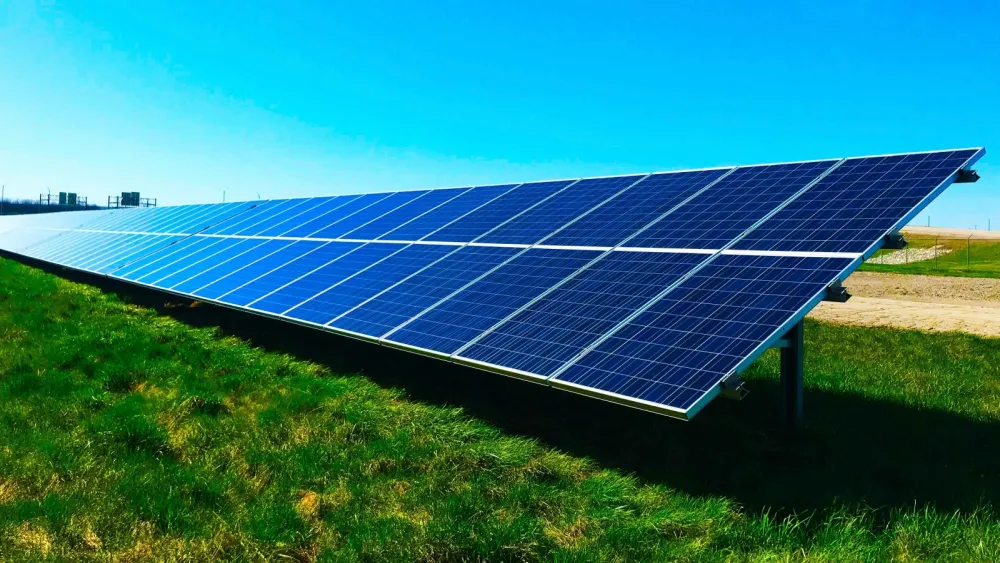
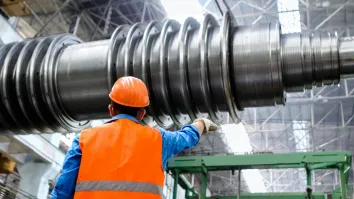
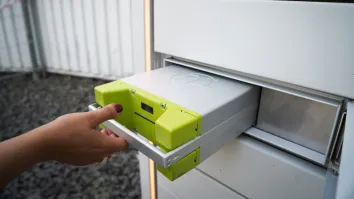
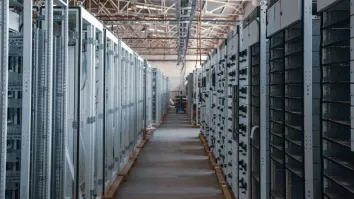
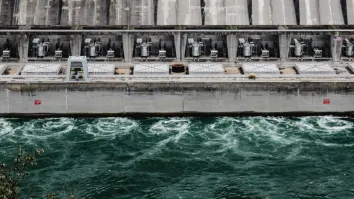













 Advertise
Advertise







